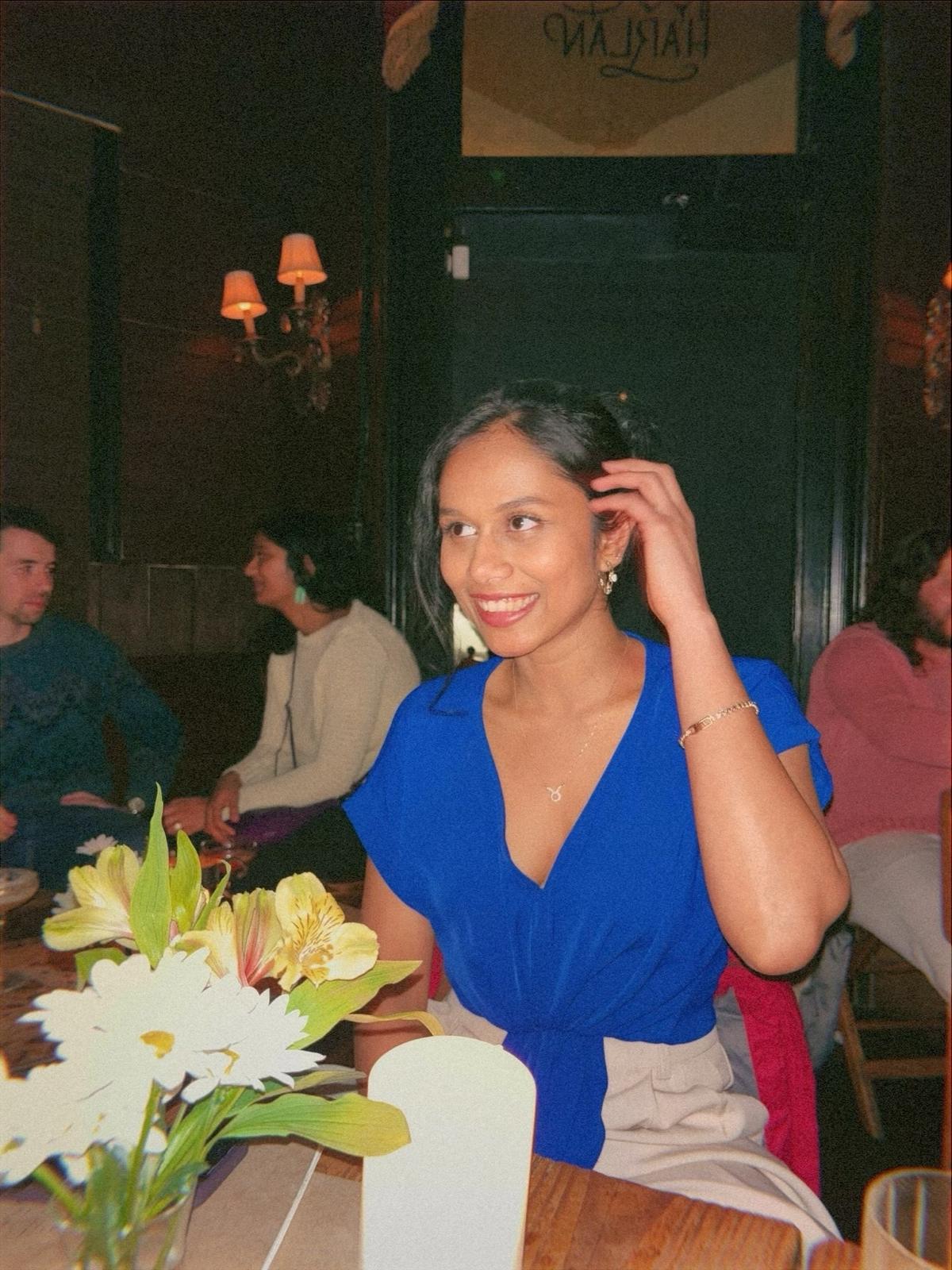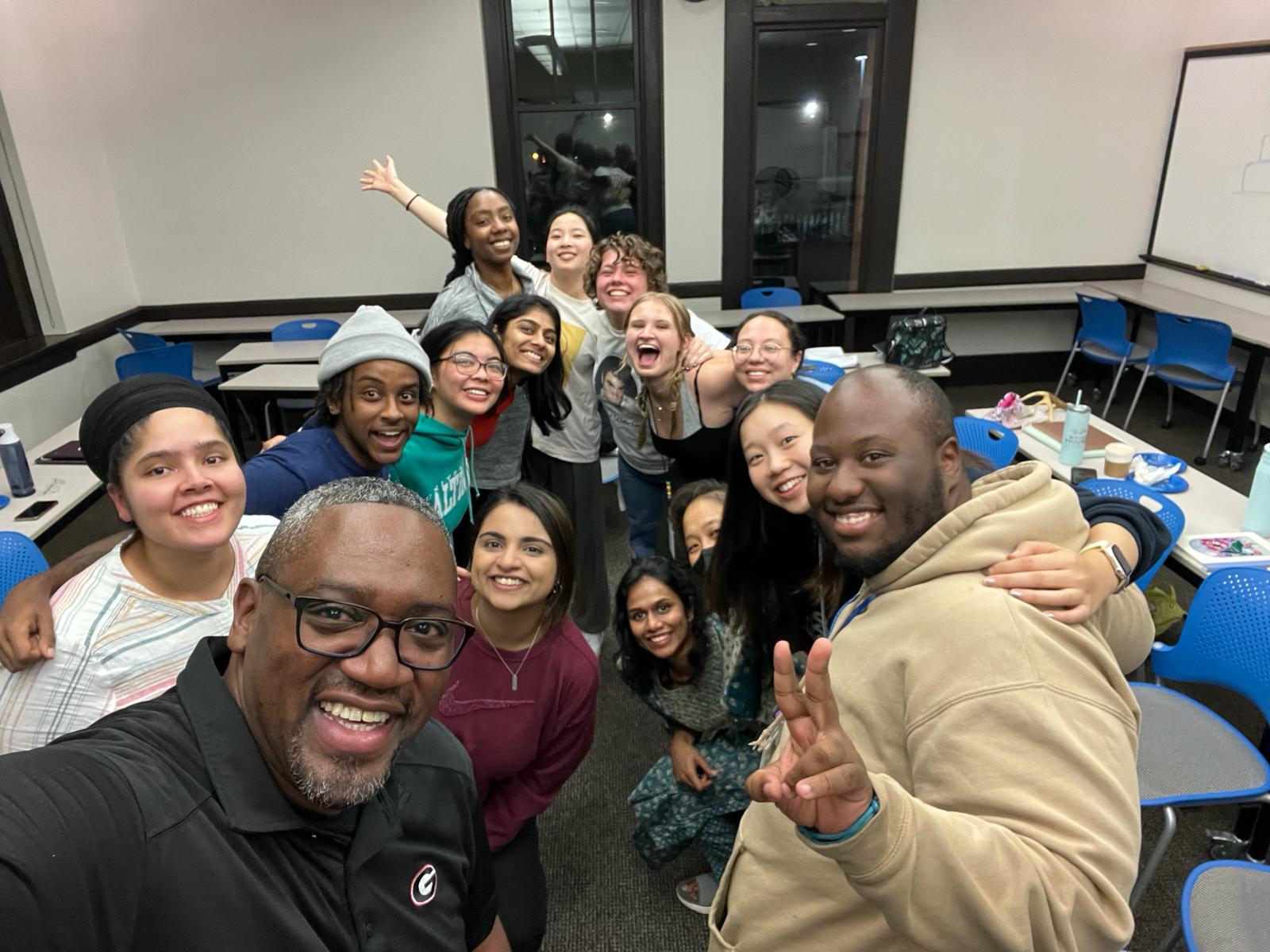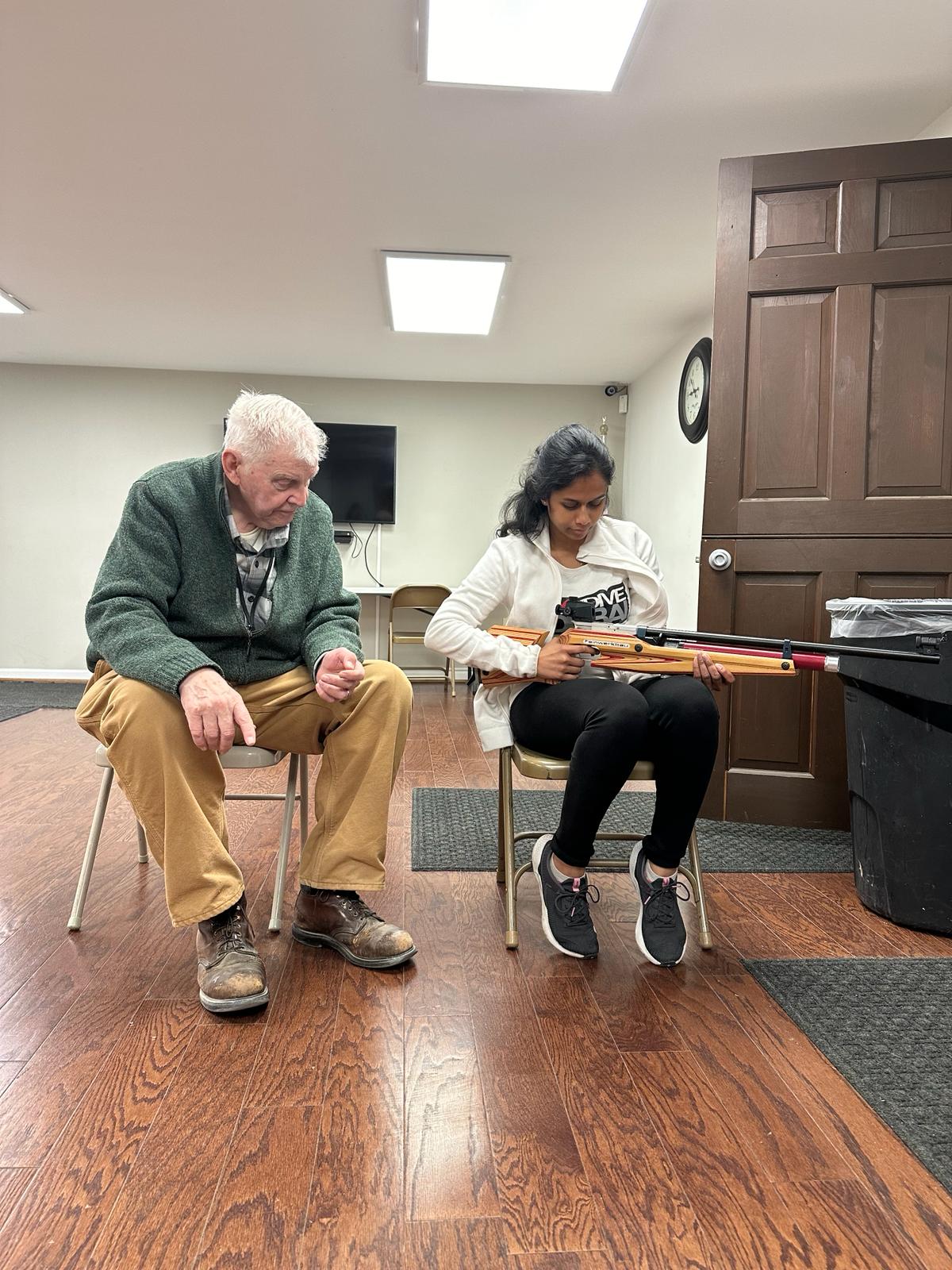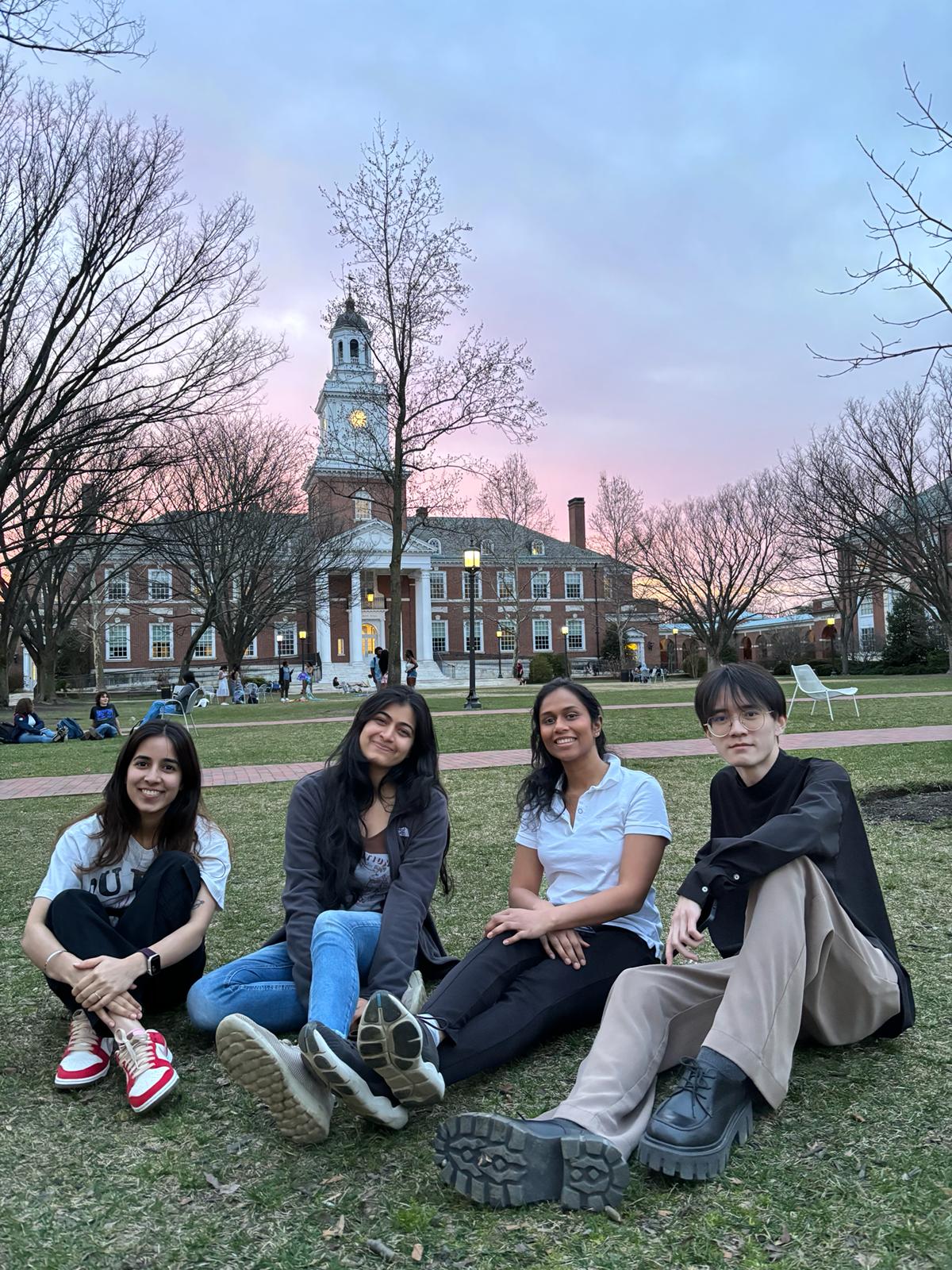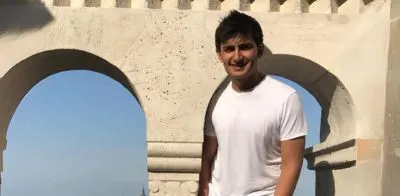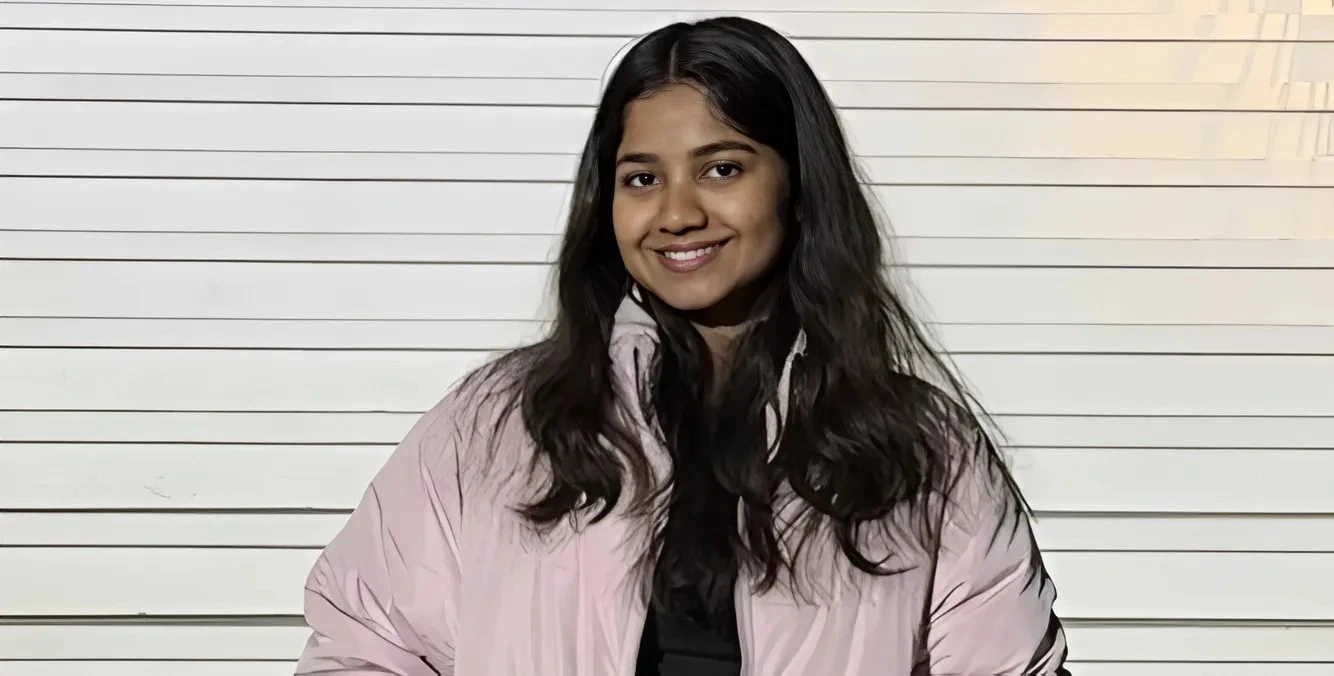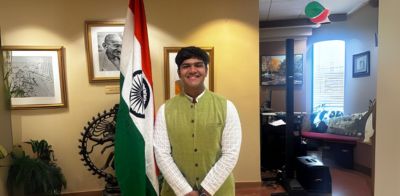Name: Nikhita Gowra
University: Johns Hopkins University
Course: Master of Science in Clinical Mental Health Counselling
Location: Baltimore, Maryland, United States
Key highlights:
- A pragmatic educational approach characterises postgraduate courses in the US.
- It’s advisable to reach out to upperclassmen upon entering University, inquire about recommended courses, and promptly enroll in them as soon as registration opens.
- Engaging in diverse clubs and extracurricular activities alongside academic responsibilities fosters holistic personal development.
- A single job can open doors for you wherein you can explore more about what you want to specialise in professionally and gain further experience.
What inspired you to pursue education abroad?
Nikhita: For me, studying abroad was not about the education alone but about the opportunity for personal growth. I grew up in a fairly privileged atmosphere and I felt like a life of studying, working part-time to make money, and learning to take care of myself without the help that we usually have in India, would benefit me a lot.
How did you choose Johns Hopkins University to pursue a master’s in Clinical Mental Health Counselling?
Nikhita: I spoke to many professionals and mentors who have done similar courses abroad and understood that the academic rigour for mental health counselling education was the best in the US. The market here is better than the UK as well. Also, I didn’t want to pursue this course in any other country, whose language I would only conversationally know – even after taking classes. The kind of universities that I was hoping to get into also influenced my decision. Another perk that I qualify for now is that I can still choose to move to the UK to work any time in four years after I graduate from a top university under the HPI (High Potential Individual) visa, which is open for people who graduate from top-30 universities around the world.
ALSO READ | Ritu Sharma: Living the dream at the New York University
Talk about your academic experience, faculty, and course structure…
Nikhita: Our programme is very diverse and interactive, and so we learn a lot through peers. The quality of the professors is important because it can make or break your experience of the programme. A good idea would be to connect with upperclassmen once you get into a University and ask them whose courses to register for, and enroll in them as soon as they open. Even though we have only four classes per week, each being two and a half hours long, we are expected to do a lot of self-studies and assignments are such that make us reflect a lot and spend time with the course work.
I do believe that the brand of the University does not matter as much as what you do with your time there. Upon speaking to seniors, I have been advised not to put all my eggs in the basket of school work, but to explore research opportunities by connecting with professors on an individual basis. The diversity – not just of nationalities and ethnicities but of thought and age and work background – is very unique to the course I am pursuing.
How does the academic course there differ from the education system in India?
Nikhita: I would say that the people within our programme are not expected to compete with each other since the point is that we would all be working as colleagues once in the workforce. So, the programme is not competitive but it encourages collaborative learning. I think in India, it’s the opposite. You also have a lot more autonomy in a master’s programme here, which means that you have to learn how to best utilise your time to gain the most out of it. I would say that there is less spoon-feeding here.
How has living and studying abroad impacted your sense of identity?
Nikhita: It does feel like I am discovering myself and my interests again. I had a whole life back in Hyderabad with multiple groups of friends, I was also part of different organisations and communities. Here, I felt a bit displaced initially when I didn’t have these things to define me. But, slowly, I am trying to make time for myself and my interests – which can be difficult. Since it is also a bit of a career switch for me, I feel like I have a lot more to learn than someone who has already been in this field for a longer period of time.
Are you involved in any extracurricular activities or clubs at your University?
Nikhita: I enjoy swimming, playing squash or badminton in the Rec Centre, and attending other events that the university’s student body makes possible. I had gone for marksmanship not too long ago, where I understood the history of the US a little more. Next year, I will also be a part of Chi Sigma Iota, an honours society, which opens several opportunities for networking and advocacy.
How do you engage socially in the University and local community?
Nikhita: There is a huge Indian community here which can help feel close to home and understand the intricacies of being on a student visa. I have interacted with the local community and made a few friends outside of the Hopkins Circle by going out to events like a protest, as part of an environmental organisation. This spring, I am eager to explore places to enjoy birding and bond with folks who share the same interests.
ALSO READ | Navya Srivastava: Exploring French academia at the prestigious Sciences Po
Interestingly, a person I met at a protest in NYC invited me for her birthday celebration, during which time the Jewish festival of Hanukkah was also on. She welcomed me to light the menorah since she follows a tradition of getting someone who has not experienced Hanukkah before to do it. It was nice to be part of a culture I know so little about and learn more about her experience of her faith.
Have you undertaken any internships or professional experiences?
Nikhita: I have some more time to get into a practicum and then an internship. Professionally, I work as an administrative assistant at the Johns Hopkins Hospital’s Division of Medical Psychology. I have also taught robotics at a school for fourth graders. Over the last few months, I have learnt that a routine is extremely important to keep up with all of the things I have to juggle, although this can get challenging when you’re trying to make time for recreation too. I learnt that if you take initiative, one job can open up more doors for you wherein you can explore more about what you want to specialise in and gain further experience.
What are your plans or goals after completing your education?
Nikhita: I would like to work here for a year or two, and am very open to getting back to India and practicing as a Clinical Mental Health Counsellor there. I wish to gain licensure here so it adds to my credibility, since there is no concept of licensed mental health counsellors in India, even though I know of many who are very capable without licensure.


